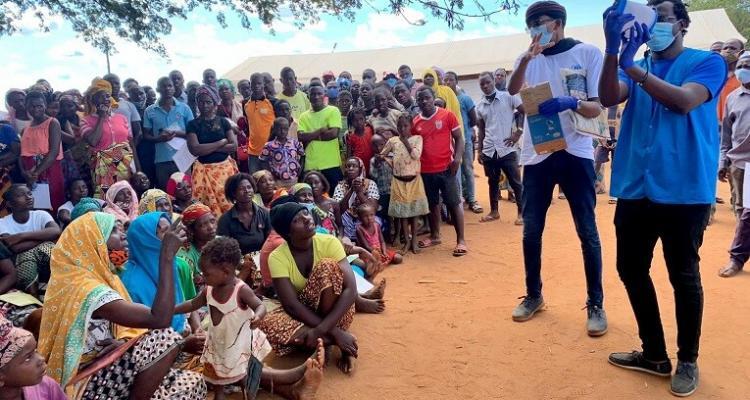
The African Development Bank Group has approved a grant of $36 million to support a power scheme in Mozambique that also covers displaced persons and refugees.
The Mozambique Energy for All Project will increase the number of residential connections to the electricity grid, enhance power exports and improve domestic and regional supply quality.
The project, in the northern provinces of Zambézia and Nampula, will be executed in collaboration with the United Nations Refugee Agency (UNHCR) to include internally displaced persons and the Maratane refugee settlement as part of efforts to bridge the humanitarian-development gap in the southern African country.
It primarily entails updating and constructing a new national control center to boost power exports by the national electricity utility, Electricidade de Moçambique.
Overall, it aims to triple energy exports, incorporating more renewable sources, such as solar and wind, and to attract more investment inflows as domestic power supplies and stability improve. The second component will provide nearly 49,000 new connections.
Cesar Augusto Mba Abogo, the Bank’s Country Manager for Mozambique, said the approval of the project by the Board of Directors was a significant milestone.
“The African Development Bank and its partners in the Mozambique Energy for All Project are committed to working collaboratively with the government, local communities and authorities to implement such an important project for the country. This project will contribute to the government’s ambition to provide every Mozambican citizen with electricity by 2030 with particular attention given to residents of Nampula Province, which shelters internally displaced persons who fled militant attacks in northern Cabo Delgado Province as well as refugees from abroad, and this will encourage additional development partners to support the government initiative,” Mba Abogo said.
UNHCR Representative Samuel Chakwera said the project would generate widespread benefits.
“Mozambique’s development needs hinge around providing stable electricity for industry while also ensuring the poorest are not left behind,” he said.
“Providing affordable electrical connections to displaced persons and refugees, while ensuring that Mozambique’s electrical grid can better support the country and the region’s needs, creates a win-win situation that will improve the lives of forcibly displaced people and the communities that host them,” he added.
The project will also support Mozambique’s membership of the Africa Trade Insurance Agency and improve the financial health of the national electricity utility.
The project will be co-financed by the governments of Sweden and Germany through the German development bank KfW.














